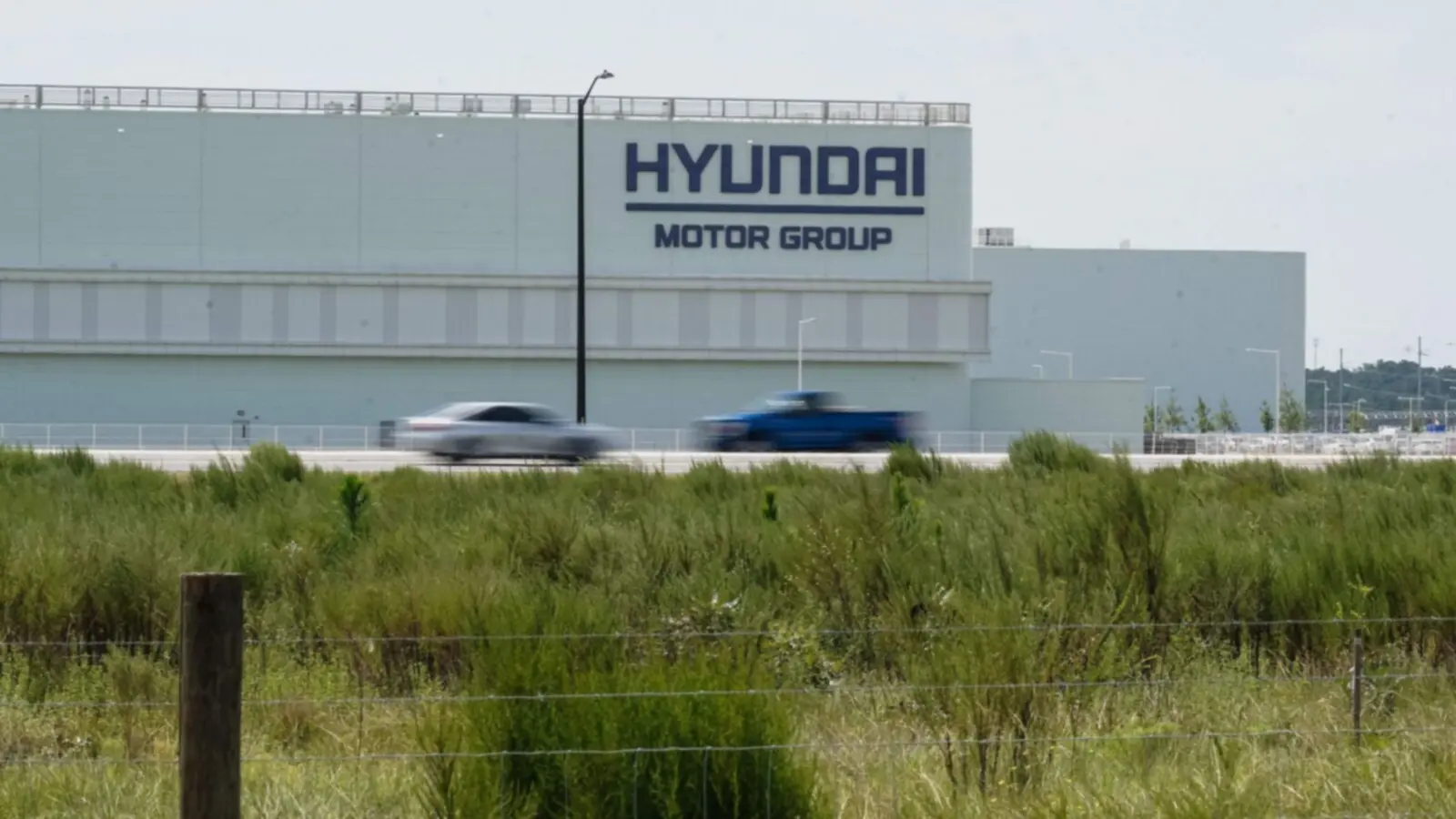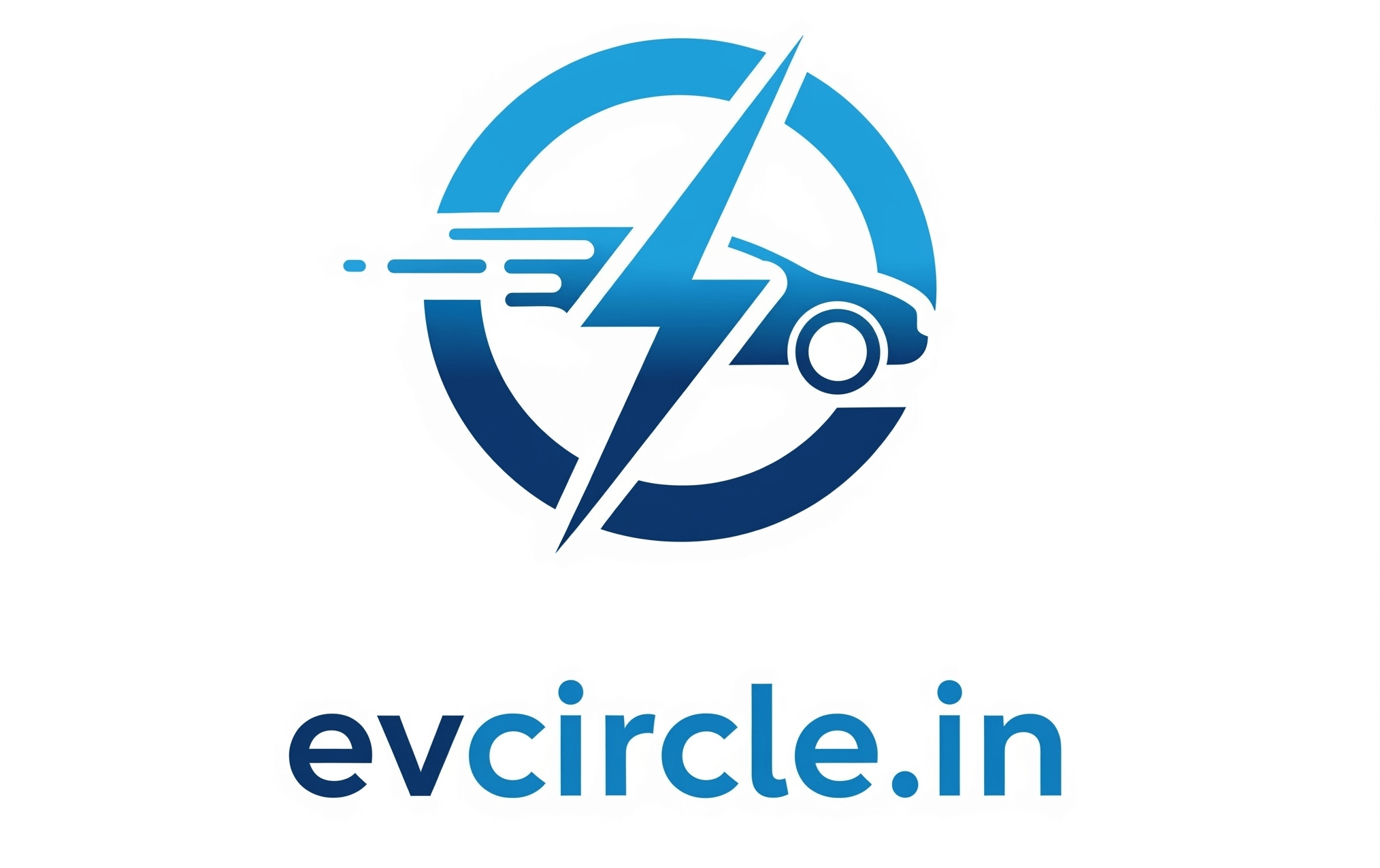
Hyundai Motor encountered a very public setback last week, but its operations are still cruising along.
The South Korean auto powerhouse moved a record number of vehicles in the U.S. during the first half of 2025. The company’s new, cutting-edge assembly plant in Georgia is a marvel of automated production—a source of pride for both the firm and the state. President Trump called Hyundai a great company and cited it as evidence that his tariff approach is delivering results.
Hyundai Motor Executive Chairman Euisun Chung visited the White House last month for his second in-person meeting with Trump this year. He joined the chiefs of Samsung, LG and other Korean firms as South Korean President Lee Jae Myung met Trump in the Oval Office. Trump observed the two nations “need each other” for trade.
“We love what they do,” Trump said.
Within hours of the Aug. 25 summit wrapping up, Hyundai committed $5 billion in U.S. investment during Trump’s term—adding to the $21 billion pledged in the spring.
The search warrant for last week’s raid was approved just days later. At its prized Georgia campus, 475 workers were detained by immigration authorities. The federal raid overshadows Hyundai’s streak of wins and the company now finds itself under scrutiny from a U.S. government it worked hard to court.
Construction at the joint Hyundai-LG Energy Solution battery plant near Savannah, Ga., has been paused with no clear restart date, industry sources say. Hyundai Motor shares have slipped only modestly since the Thursday raid that spread uncertainty through the global auto sector, sparked a diplomatic dispute with South Korea and fueled new momentum in Trump’s crackdown on illegal immigration.
Hyundai on a roll
Before last week’s turbulence, Hyundai had been on a roll. Combined with sibling automaker Kia, the Hyundai Motor Group ranks as the world’s No. 3 automaker by vehicles sold. In recent years, the South Korean brands have accumulated industry accolades for design, technology and quality.
“A lot of folks used to discount the Koreans, but they don’t anymore,” said Adam Bernard, a former competitor-intelligence executive at General Motors.
Hyundai and Kia have taken “big leaps forward in design” while earning top placements in vehicle quality, Bernard said.
For the first six months of 2025, Hyundai and Kia’s combined operating profit outpaced Germany’s Volkswagen Group for the first time—beating every automaker except Japan’s Toyota Motor, the world’s largest automaker.
Hyundai Motor Executive Chairman Euisun Chung was at the White House in March when the automaker announced it would invest $21 billion in U.S. manufacturing.
Shifting Hyundai toward a high-tech future has been Chung’s focus since he assumed control about five years ago at the conglomerate long led by his family. Chung, who earned his M.B.A. in San Francisco during the 1990s dot-com surge, broadened Hyundai into robotics and flying cars—while continuing an aggressive expansion into the U.S.
Hyundai and Kia’s ascent in the U.S. has also been dramatic. In addition to the large Georgia complex, Hyundai runs an assembly plant in Alabama; Kia has a major production site about an hour outside Atlanta. Ultimately, they want the bulk of cars sold in the U.S. to be produced locally rather than in South Korean factories.
The Hyundai brand’s U.S. sales have surged to record levels in six of this year’s eight months. Across all vehicle categories, Hyundai and Kia control roughly 10% of the U.S. market, doubling over the past two decades, and now rank as the No. 4 player after GM, Ford and Toyota, according to Wards Intelligence, which tracks auto sales.
Some American woes
But that American dream has come with some costs.
Hyundai has not raised prices for its cars, aiming to avoid being the first automaker to do so. That has meant it has absorbed the burden of higher tariffs. The company’s second-quarter net profit fell to $2.4 billion, a 22% drop from a year earlier. The firm warned the economic pain from Trump’s tariffs would intensify in the months ahead.
Nowhere is Hyundai’s roller-coaster relationship with the U.S. clearer than at the $7.6 billion Metaplant site, which Georgia officials praise as the state’s largest-ever manufacturing endeavor.
Announced three years ago, the combined Hyundai-Kia-Genesis production complex—the first of its kind in the U.S.—was a major bet on the Biden administration’s multipronged effort to shift American drivers to electric vehicles, though Hyundai executives say the choice was made internally during the first Trump term. Key consumer subsidies of up to $7,500 expire this month under the Trump budget that was passed by the Republican-controlled Congress.
Alongside the carmaking facilities—stamping, welding, paint and final assembly—Hyundai aimed to build an EV battery plant with Korean partner LG Energy Solution. This would have been critical under the Biden rules, which favored EVs with domestically sourced batteries. But Hyundai says localizing production remains important to reduce shipping costs and limit tariff exposure. It now plans to produce gas-electric hybrids at the complex.
Now the EV battery plant has become the high-profile focal point of Trump’s effort to remove illegal workers.
South Korea said it had a deal to repatriate its roughly 300 detained citizens. A Wednesday departure from Atlanta was delayed as the two nations worked through final procedural issues. The detainees are now scheduled to fly home Thursday.
Chung is due in Detroit on Thursday to accept an Automotive News “Centennial Award” on behalf of himself, his father and grandfather—a recognition for those who have “left a lasting impact on the automotive industry.”
Sustainability advocate with a keen eye on policies, trends, and real-world EV impact.

Leave a Reply